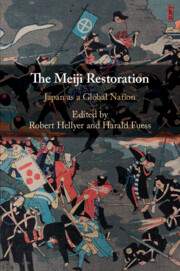Most scholarship on post-Communist Croatia claims that the first Croatian president, Franjo Tuđman, intentionally rehabilitated the legacy of the World War II (WWII) Croatian Ustaša and its Nazi-puppet state. The rehabilitation of the Ustaša has been linked to Tuđman's national reconciliation politics that tended toward a particular “forgetting of the past.” The national reconciliation was conceptualized as a joint struggle of both the Croatian anti-fascist Partisan and the Croatian WWII fascist Ustaša successors to achieve Croatian independence. However, the existing scholarship does not offer a comprehensive explanation of the nexus between national reconciliation and the rehabilitation of the Ustaša. Hence, this article will present how “Ustaša-nostalgia” does not stem from Tuđman's intentions, but rather from the morphological gap occurring in Tuđman's nation-building idea. Namely, Tuđman's condemnation of the entire idea of Yugoslavism and Yugoslavia eventually brought about the perception that any historical agent advocating the idea of an independent Croatia is better than any form of Croatian Yugoslavism. Finally, the article will present how contemporary Croatian society is still seeped in “Ustaša-nostalgia” due to the hesitation of the post-Tuđman Croatian politics to come to terms with the legacy of his national reconciliation politics.


